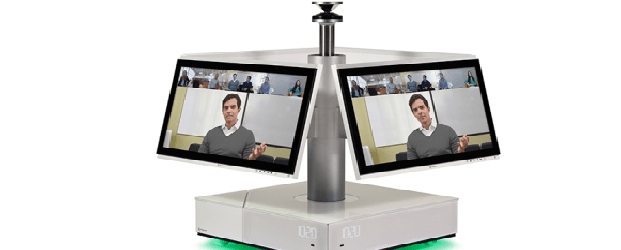Mitel is expanding its cloud footprint to more than 40 countries worldwide with the launch of World Cloud, Mitel’s newest cloud solution for backend services and cloud communications across multinational businesses.
World Cloud uses Mitel’s 14 global data centres to deliver cloud unified communications (UC) that allows employees to access the same communication features no matter where they are in the world. It provides free international extension-to-extension dialing, unlimited user-based country dialing, administration tools and consolidated billing, and local in-bound phone numbers and extensions with local-out bound dialing.
“A lot of the time when we think of multinational companies, people naturally think of these massive global organizations,” said Jon Brinton, president and EVP of Mitel’s cloud division, in a telephone interview with CDN. “But we see multinational companies with 200 or 2,000 users that are spread throughout the world. World Cloud enables them to deploy a cloud based unified communication solution.”
With World Cloud, Mitel highlights that “local feeling” by having users access the data centre that is closest to them, while still providing a single interface across all users around the world. For example, Mitel has two data centres in Canada that Canadian customers would use. They are in Kelowna, BC, and Toronto.
“The key benefit is not only giving global IT organizations simplified user and solution management by giving them a single pane of glass that can manage all their users around the world through our MiCloud web-portal, but also providing users with the tools to bring employees around the world together and make it feel intimate and local feeling,” Brinton said.
World Cloud is the latest step Mitel is making to meet the increasingly mobile industry standard. Whether an organization is eight people, all the way up to 80,000 people, in an office or on the road, mobile phone integration is key to the Mitel plan moving forward.
“One of the first companies we deployed our World Cloud solution with was a geological service organization that had employees all around the world,” said Brinton. “They had workers that were in the office at these various locations, but they also had a large size group of nomadic workers who were out on job sites and need to be able to communication through UC applications with their co-workers. Let’s say that I’m in the field, and I want to take a picture of something and share it with you in a workstream, and have you look at it in real time in order to solve an issue. By enabling mobile devices with our cloud solutions, we can provide that service.”





